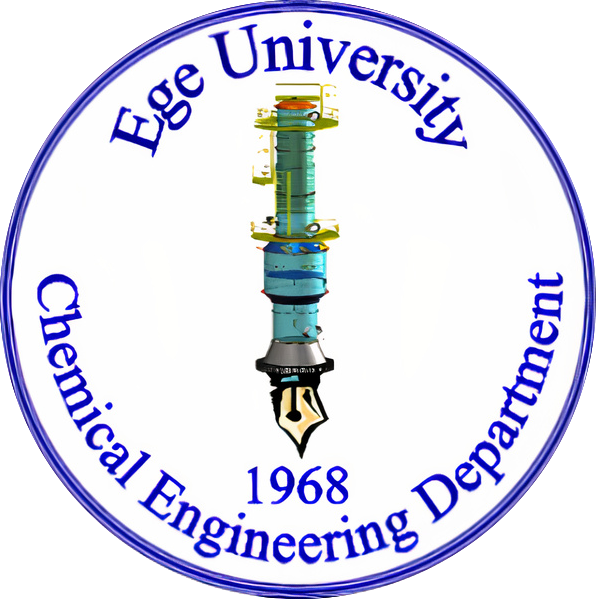WHAT IS CHEMICAL ENGINEERING?
Chemical Engineering is a discipline influencing numerous areas of technology. In broad terms, Chemical Engineers are responsible for the conception and design of processes for the purpose of production, transformation, and transportation of materials. This activity begins with experimentation in the laboratory and is followed by implementation of the technology to full scale production.
The large number of industries which depend on the synthesis and processing of chemicals and materials place the Chemical Engineer in great demand. In addition to traditional examples such as the chemical, energy and oil industries, opportunities in biotechnology, pharmaceuticals, electronic device fabrication, and environmental engineering are increasing.
The unique training of the Chemical Engineer becomes essential in these areas whenever processes involve the chemical or physical transformation of matter. For example, Chemical Engineers working in the chemical industry investigate the creation of new polymeric materials with important electrical, optical or mechanical properties. This requires attention not only to the synthesis of the polymer, but also to the flow and forming processes necessary to create a final product. In biotechnology, chemical engineers have responsibilities in the design of production facilities to use microorganisms and enzymes to synthesize new drugs. Problems in environmental engineering that engage Chemical Engineers include the development of processes (catalytic converters, effluent treatment facilities) to minimize the release of or deactivate products harmful to the environment.
To carry out these activities, the chemical engineer requires a complete and quantitative understanding of both the engineering and scientific principles underlying these technological processes. This is reflected in the curriculum of the Chemical Engineering Department which includes the study of applied mathematics, material and energy balances, thermodynamics, fluid mechanics, energy and mass transfer, separations technologies, chemical reaction kinetics and reactor design, and process design. These courses are built on a foundation in the sciences of Chemistry, Physics, and Biology.
MELBOURNE COMMUNIQUÉ: (September 27, 2001):
We, the representatives of twenty organizations representing chemical engineers world-wide, subscribe to the following statement:
Entering the Twenty-First Century, we in the chemical engineering profession renew our commitment to using our skills to strive to improve the quality of life, foster employment, advance economic and social development, and protect the environment through sustainable development.
Chemical engineering uses the principles of science to develop and provide technologies that improve the lives of people everywhere. From chemical engineering come materials: minerals, metals, ceramics, polymers, paper and composites. Food production and processing and water purification rely on chemical engineering. To enhance the health of the world's peoples, chemical engineering makes possible vaccines, pharmaceuticals and biotechnology. Shelter, clothing, transport and information technology all rely on chemical engineering. We develop and deliver the energy resources on which communities depend.
In meeting society's needs we are committed to designing processes and products that are innovative, energy-efficient and cost-effective, and that make the best use of scarce resources. We are committed to the highest standards of personal and product safety. We seek to eliminate waste and adverse environmental effects in the development, manufacture, use and eventual disposal of the products of society.
In an increasingly global society, we are committed to meeting the collective needs of the world's growing population while working to avoid and eliminate practices that are unsustainable. We recognize the profound concern relating to climate change. We must promote a better understanding of the complex science surrounding climate change, while also striving to develop and implement sound technologies to mitigate its effects.
We commit to developing public understanding of the challenges and choices facing our world and the role chemical engineering can play. We will use our talents, knowledge, and organizational skills for the continued betterment of humanity to protect the public welfare. We will practice our profession according to its high ethical standards. We will promote lifelong professional development and will enthuse the brightest young people so that they enter our profession.
We will take this Communiqué to our members, reinforcing their awareness of their obligations to serve society. We also commit to working with industries, governments, universities and other organizations that shape the future of the world.
We acknowledge both our professional responsibilities and the need to work with others as we strive to meet the challenges facing the world in the Twenty-First Century.











